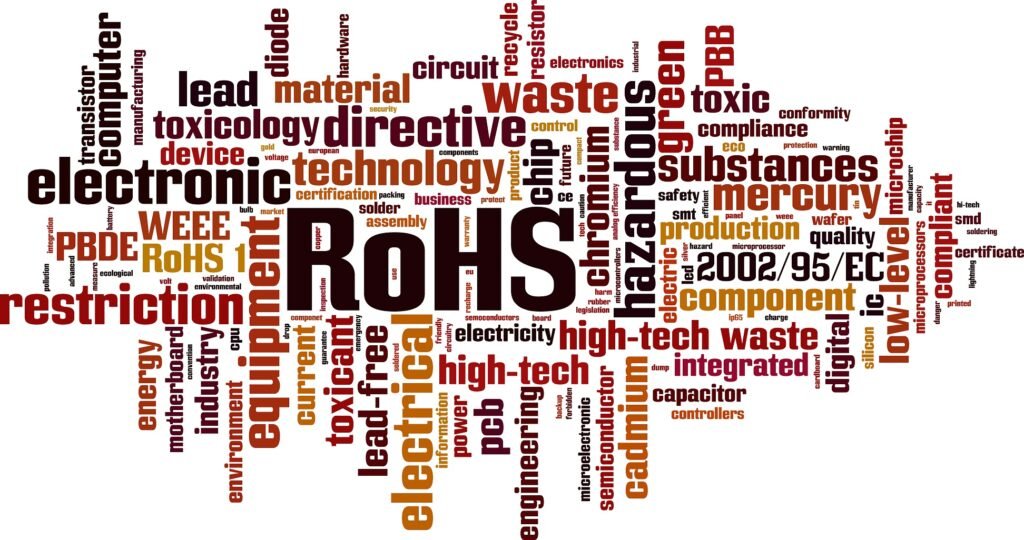On April 24, 2025, Taiwan’s Ministry of Economic Affairs has announced amendments to inspection regulations for seven categories of electrical and electronic products, including electric shavers and coffee grinders, to enhance the safety of rechargeable household appliances equipped with lithium-ion batteries.
The revised regulations, effective immediately, add these products to the scope of Taiwan’s RoHS regulation, formally known as Article 5 of CNS 15663. All seven categories now fall under Article 5 of the standard, which mandates labeling of restricted substances. The updated rules also introduce new inspections and report requirements for the lithium-ion batteries contained in these products.
Newly Regulated Product Categories
The following seven types of electrical and electronic products were previously exempt from regulation, but with this revision, the following products have been added to the scope of regulation: “Products with lithium-ion batteries and USB ports, powered by DC 5V without an external power adapter ” and “Products with lithium-ion batteries and car cigarette lighter power supply”:
- Equipped with a lithium-ion battery and powered via a car cigarette lighter socket.
- Electric insect killers (including electric mosquito swatters, rated at 250V or below)
- Electric blankets (rated below 250V, excluding those for animals or medical use)
- Personal electric heating devices (rated below 250V, excluding those for animals or medical use)
- Electric heating pads (rated below 250V, excluding those for animal or medical use)
- Coffee grinders (rated at 250V or below, with a capacity of 500g or less)
- Electric shavers (rated at 250V or below)
- Electric hair clippers (rated below 250V, excluding those for animal use)
Battery Inspection Requirements
For the newly regulated products, the lithium-ion cells (including those within battery packs) must comply with CNS 15364 (2013 edition). Battery packs must meet vibration and mechanical shock requirements under Sections 7.3.8.1 and 7.3.8.2 of CNS 62133-2 (2018 edition), or equivalent national or international standards. Certification documents or test reports issued by accredited bodies must be submitted.
Compliance Requirements for Businesses
- For Existing Certificate Holders:
Starting July 1, 2026, businesses applying to renew product type approval or certification must submit not only the standard RoHS documentation under CNS 15663 Article 5, but also the newly required lithium battery compliance materials. - For New Applicants:
New applicants must submit designated type test reports, technical documentation, and declarations regarding the location, format, and content of restricted substance labeling. Certificates issued before April 24, 2025, will remain valid from July 1, 2026, through June 30, 2029. Certificates issued after the effective date will be valid for three years from the date of issuance.
The original text of the above-mentioned content is available at:
https://gazette.nat.gov.tw/EG_FileManager/eguploadpub/eg031074/ch04/type1/gov31/num5/Eg.htm
 Taiwan Adds Seven Lithium-Ion Battery Products to RoHS Compliance List
Taiwan Adds Seven Lithium-Ion Battery Products to RoHS Compliance List 

























